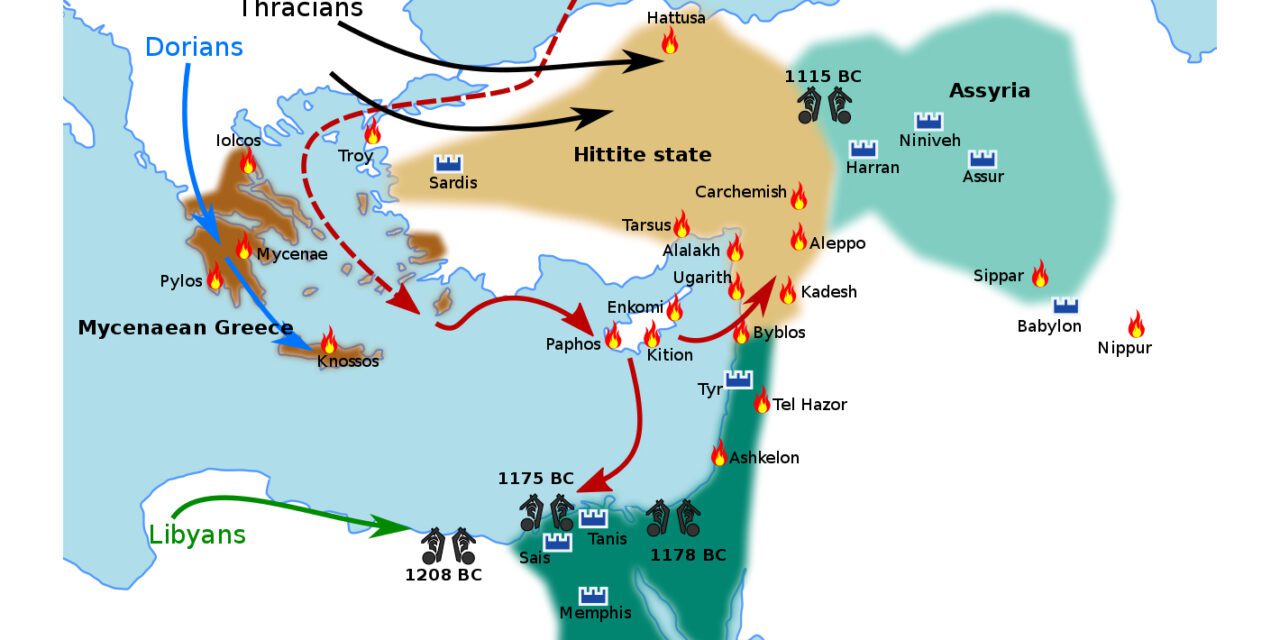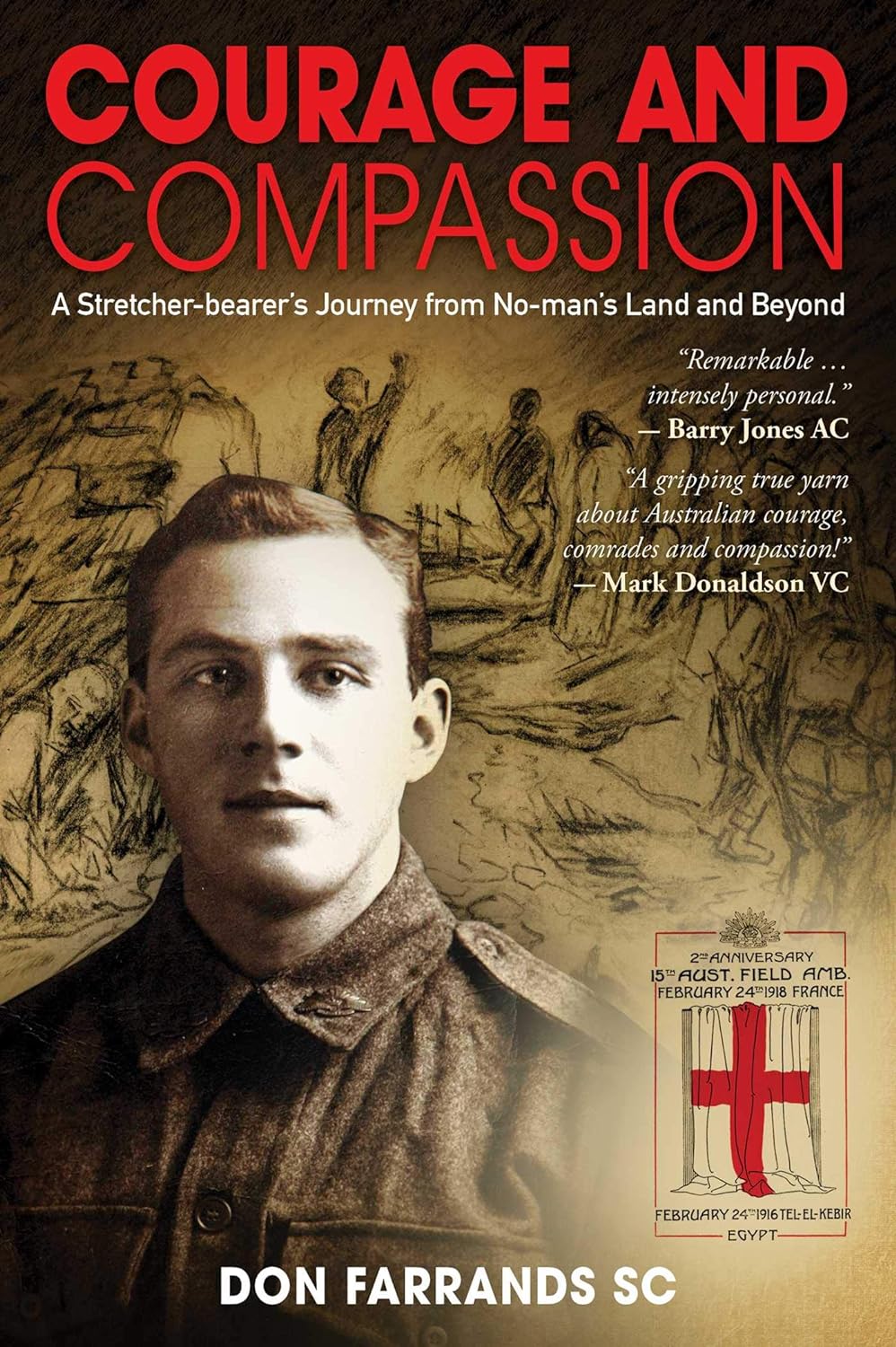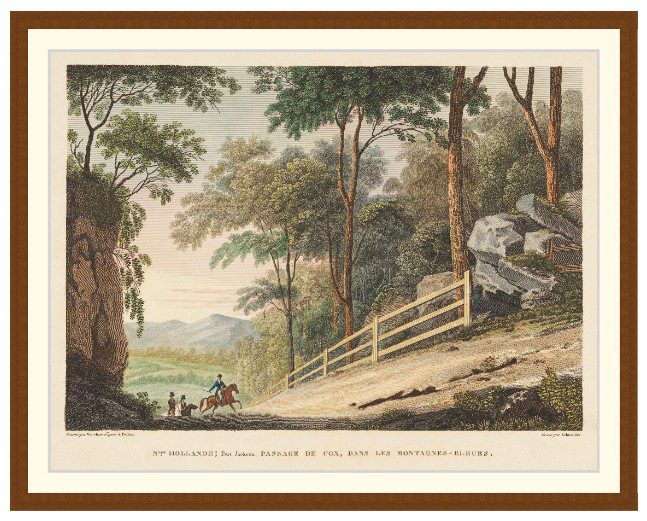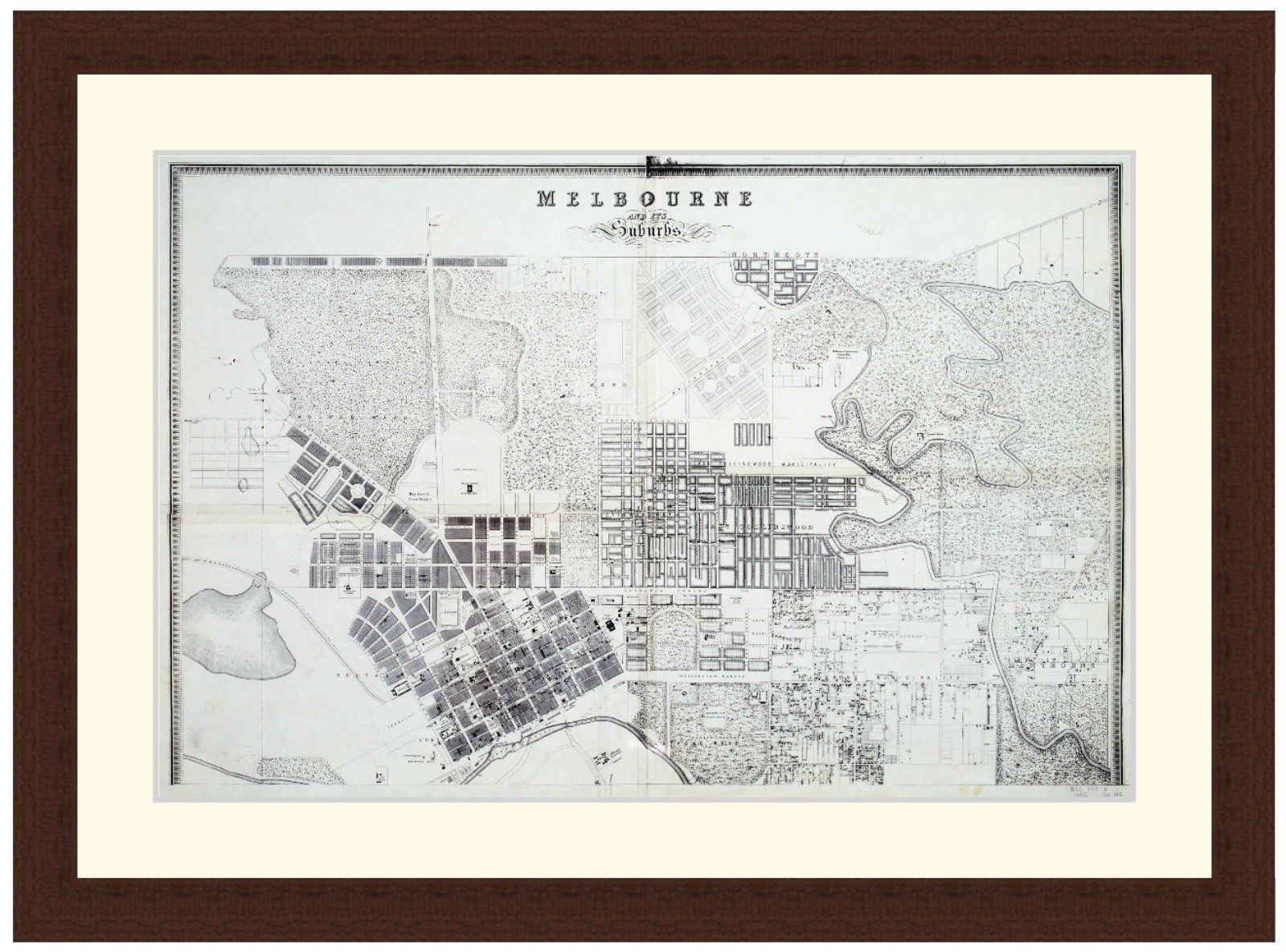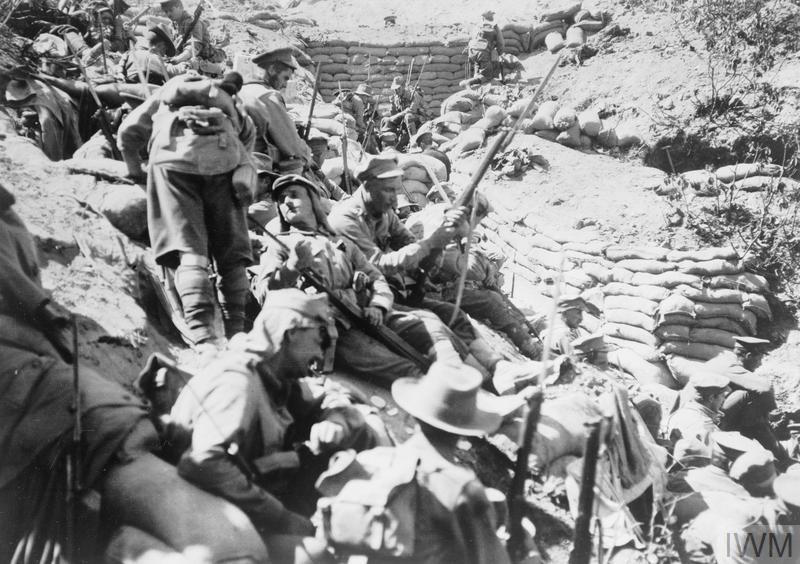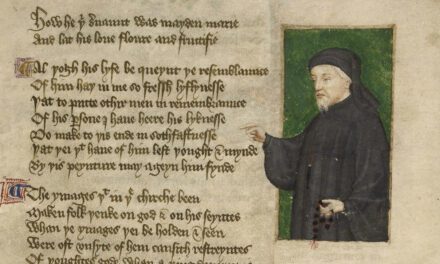History Guild General History Quiz 149
See how your history knowledge stacks up!
Want to know more about any of the questions? Scroll down to learn more!
Have an idea for a question? Suggest it here and we’ll include it in a future quiz!
The stories behind the questions
1. When did the Bronze Age collapse occur?
1200 BCE – This was a period of transition in the Aegean Region, Eastern Mediterranean, and Southwestern Asia. It saw the shift from the Late Bronze Age to the Early Iron Age and was violent, sudden, and culturally disruptive. Many historians attribute the fall of the Mycenaeans, and overall Bronze Age collapse, to climatic or environmental catastrophe combined with an invasion by the Dorians (or Sea Peoples).
2. Who wrote ‘Homage to Catalonia’ in 1938?
George Orwell – A personal account of his experiences and observations fighting in the Spanish Civil War. Orwell joined the POUM, a Trotskyist militia that was part of the Republican army.
3. Which cathedral was Thomas Beckett murdered in?
Canterbury Cathedral – Beckett was murdered by followers of King Henry II in 1170.
4. Which elements did Marie Curie discover?
Radium and Polonium – In 1898 Curie and her husband Pierre discovered two new radioactive elements. Radium is named after the Latin for ray. Polonium is named after her homeland of Poland.
5. Frederick Lanchester, 1868-1946, was pivotal in the development of which field?
All of the above – This English polymath and Engineer was hugely successful across many fields. He designed engines and cars, receiving patents for innovations such as the carburettor and disc brakes. He wrote and experimented extensively on aerodynamics, his 1908 Aerodonetics setting out the basic layout most aircraft have used since. His work on a mathematical basis for decision making saw him develop a series of differential equations that are known now as Lanchester’s Power Laws. This spawned the discipline of Operations research, also known as management science.
6. The Nagorno-Karabakh conflict was fought between which two countries?
Armenia and Azerbaijan – This has been a lengthy, but intermittent war, which has tilted each way over the decades.
7. In 1830 Greece gained their independence from which empire?
Ottoman – The Ottomans occupied much of Greece in the 15th century. They ruled this as part of their empire until the Greek war of Independence, 1821-1830.
8. The film Argo tells the story of the 1979 hostage taking at the US embassy in which city?
Tehran – Read more about this and other brilliant historical films.
9. Where did the band The Beatles last perform together?
The rooftop of Apple Records – In 1969 the Beatles performed an impromptu concert from the rooftop of their Apple Records headquarters in central London. They played a 42-minute set before the Police ordered them to reduce the volume. It was the final public performance of their career.
10. What was cancer chemotherapy medication originally derived from?
Chemical warfare agent Mustard Gas – The beginnings of the modern era of cancer chemotherapy can be traced directly to the introduction of chemical warfare. Autopsies of mustard gas victims suggested that profound lymphoid and myeloid suppression had occurred after exposure. Dr. Stewart Alexander, a US chemical weapons expert, theorised that since mustard gas all but ceased the division of certain types of somatic cells whose nature was to divide fast, it could also potentially be put to use in helping to suppress the division of certain types of cancerous cells. This led to the discovery of nitrogen mustard, a chemical warfare agent, as an effective treatment for cancer.

